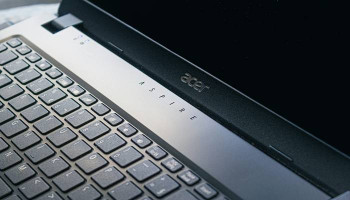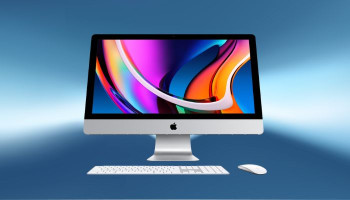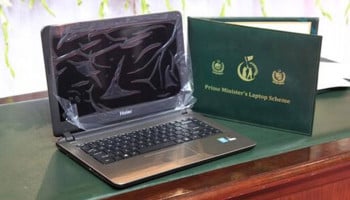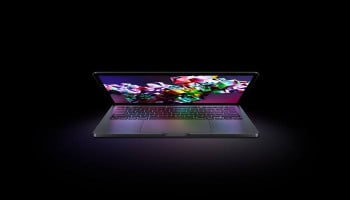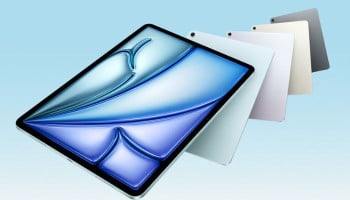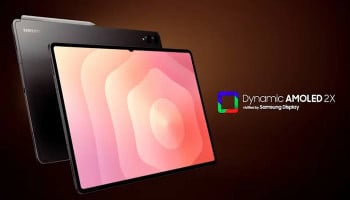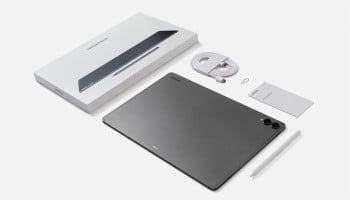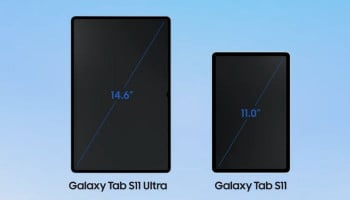
Purchasing a laptop can be a perplexing endeavor which is why using a laptop finder is a good option. Even with a solid understanding of technical terms and preferences, locating the ideal laptop can be a challenge.
Navigating manufacturers' websites to find the desired model can be exasperating. Therefore, a basic understanding of what you are going to need is important. How else would you use a laptop finder?
This guide aims to simplify the process of choosing the right laptop for your needs. Each major component of a laptop is broken down, demystifying the jargons and offering practical insights.
Read more: Here's a list of laptops under Rs 40,000
Things to consider before buying a laptop
- The operating system
- The CPU
- Graphics cards
- Determine RAM needs
- Evaluate storage space
- Check ports for connectivity
- Webcam and build quality
- Make final decision
The operating system
Before delving into laptop specifics, selecting an operating system (OS) is crucial. Depending on the software you require, your hardware needs will differ. The main OS options are Windows, macOS, Chrome OS, and Linux. Each has its strengths and weaknesses.
The CPU
Intel and AMD dominate consumer laptop processor markets. Intel offers Core i3, i5, i7, and i9 chips. AMD's Ryzen series is equally significant. Processor names often provide insight into their capabilities, generation, and performance.
Graphics cards
Graphics cards significantly impact performance, especially for gaming and video editing. Both AMD and Nvidia offer GPUs for laptops. Integrated graphics are suitable for casual use, but demanding tasks require dedicated graphics cards.
Determine RAM needs
RAM influences multitasking capabilities. For basic tasks, 8 GB is sufficient. Complex tasks may warrant 16 GB or more. The type of RAM, such as DDR4 or DDR5, affects performance.
Evaluate storage space
SSDs are recommended for faster data access. Opt for at least 256 GB of storage. eMMC storage is budget-friendly but may have limitations.
Check ports for connectivity
USB-C, USB-A, and audio jacks are essential. Consider laptops with USB-C charging for convenience. Thunderbolt compatibility varies between Intel and AMD laptops.
Webcam and build quality
Webcam resolution affects video conferencing quality. Durable hinges and robust construction are important for longevity.
Make final decision
After narrowing down laptop models, read reviews to gain insights beyond specifications. This is also the time you can choose to go for a laptop finder. Consider factors like hinge durability, keyboard feel, and overall performance. Personal preferences, aesthetics, and design should also influence your decision.






